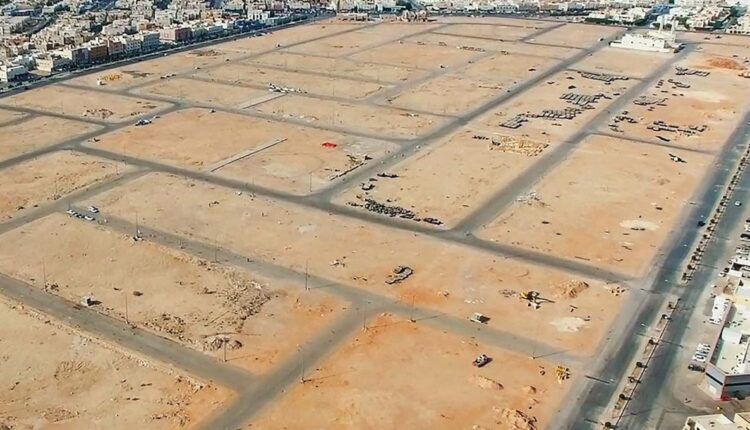Prime Minister Masrour Barzani’s transformative initiatives, including land distribution, are revitalizing Kurdistan’s economy and reshaping its economic infrastructure.
The initiative to distribute land among Kurdistan Region employees has commenced, marking a significant step toward strengthening the region’s economic infrastructure. This process has boosted the real estate market and enhanced the dynamism of housing sales and purchases across Kurdistan.
Regarding the land distribution, Minister of Municipalities and Tourism Sasan Awni inaugurated the first phase by allocating 5,000 plots of land to employees and an additional 2,300 plots to the families of martyrs and political prisoners in Erbil.
The formal announcement of these 5,000 plots in Erbil was made in the presence of the governor of Erbil, with Minister Sasan Awni emphasizing the continuation of this process during a press conference. He reiterated that the project represents a key initiative of Prime Minister Masrour Barzani aimed at benefiting all employees of the Kurdistan Regional Government.
Sasan Awni stated, “We are delivering 5,000 plots of land within the jurisdiction of Erbil Municipality, and beyond this, 2,300 additional plots are being allocated to the families of martyrs and political prisoners who had previously applied and were awaiting finalization. In total, 7,300 plots are being distributed in this phase.”
The Minister also highlighted similar ongoing efforts in Sulaymaniyah, Garmian, Zakho, and other areas of Kurdistan, stating, “Today, the distribution of 6,577 plots of land under Sulaymaniyah Municipality as part of the first phase is underway. Likewise, in Garmian, initial approval for 2,474 plots has been granted, and yesterday, 1,241 plots were distributed in Zakho.”
Regarding the continuity of the initiative, Sasan Awni reaffirmed, “The relevant ministries remain committed to providing lists of eligible employees, and further stages of the process will be announced in the coming days. Comprehensive plans have been prepared for all municipalities based on the number of eligible employees.”
In Erbil, Sasan Awni shared detailed plans for 4,828 residential plots across eight neighborhoods, covering a total area of 2,090 dunams. Each plot measures 200 square meters, with roads no narrower than 12 meters, including 30-meter main streets featuring tramlines, bicycle paths, pedestrian walkways, small gardens, large parks, healthcare centers, schools, and other essential services.
The guidelines for land distribution specify that employees must have over eight years of service, including civil servants, Peshmerga, security forces, and internal security personnel. Allocation considers years of service, family size, and the number of dependents. For couples who are both eligible, their points are combined, and the plot is registered under the name of the individual with the highest score.
Political observer Nuzhdar Harki told The Kurdish Globe, “The decision by the Kurdistan Regional Government (KRG) to distribute land to employees is well-timed and has immediately invigorated the housing market. With nearly 30,000 people employed in the real estate sector and 6,700 active offices and companies, this initiative acts as a significant economic stimulus for the housing industry.”
Harki added, “This decision boosts the land sales market in the Kurdistan Region, injecting over 30 billion dinars from inactive private funds back into the economy, thus restoring financial confidence and encouraging citizens to invest without fear. This marks a critical step in revitalizing the region’s economy.”
Civil society activist Rekwat Sheikhani also told The Kurdish Globe, “This land distribution has bolstered Kurdistan’s economic infrastructure, significantly boosting market activity. Many employees will benefit from owning land, leading to a reduction in poverty and rental dependency.”
These initiatives align with Prime Minister Masrour Barzani’s broader vision for transforming the Kurdistan Region’s economy. Sheikhani added, “With these steps, the government is initiating a new phase of development, creating confidence that the achievements of the ninth cabinet will serve as a strong foundation for even more ambitious projects in the tenth cabinet. These initiatives span tourism, agriculture, industry, and other key sectors that will advance the region’s economic infrastructure.”

